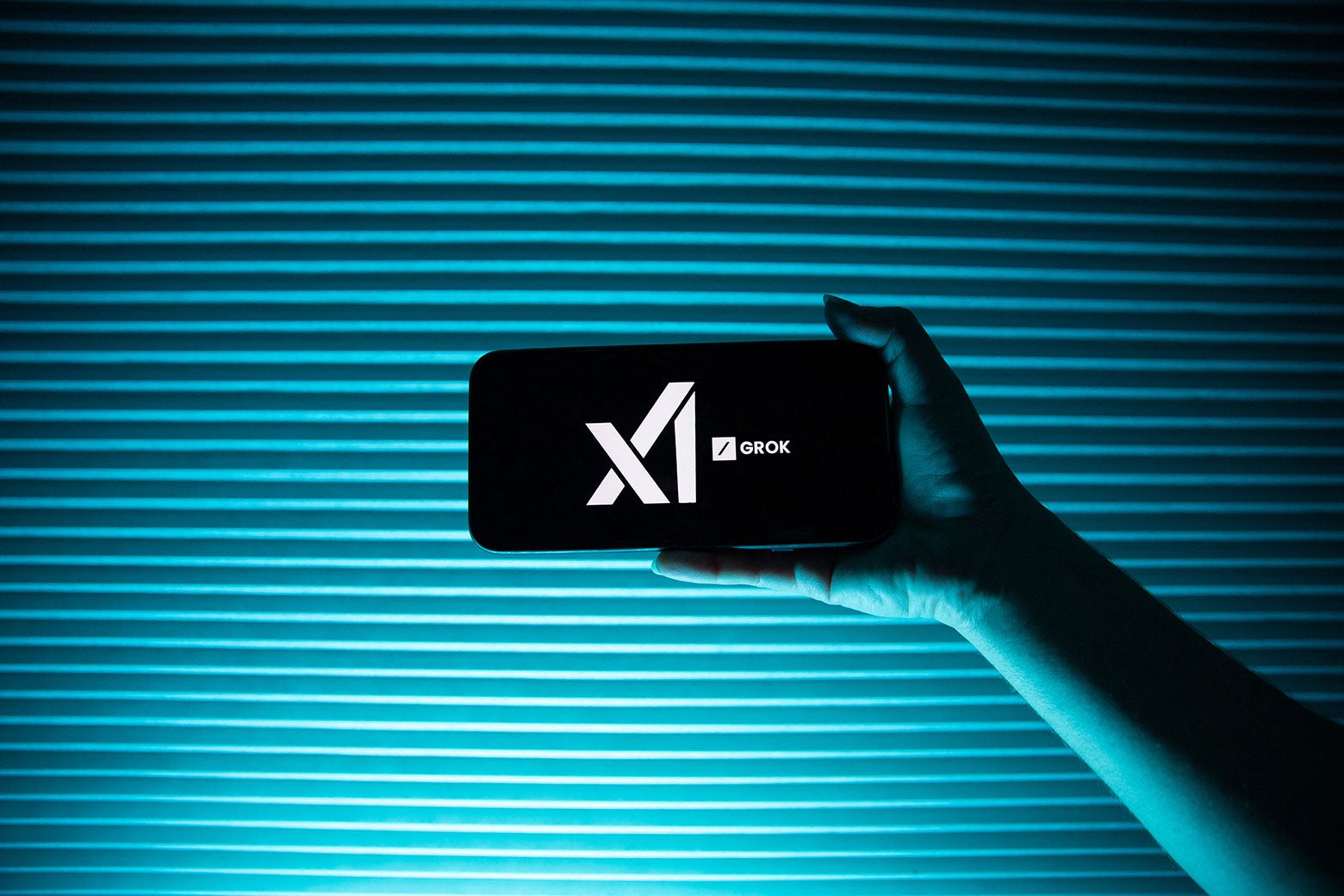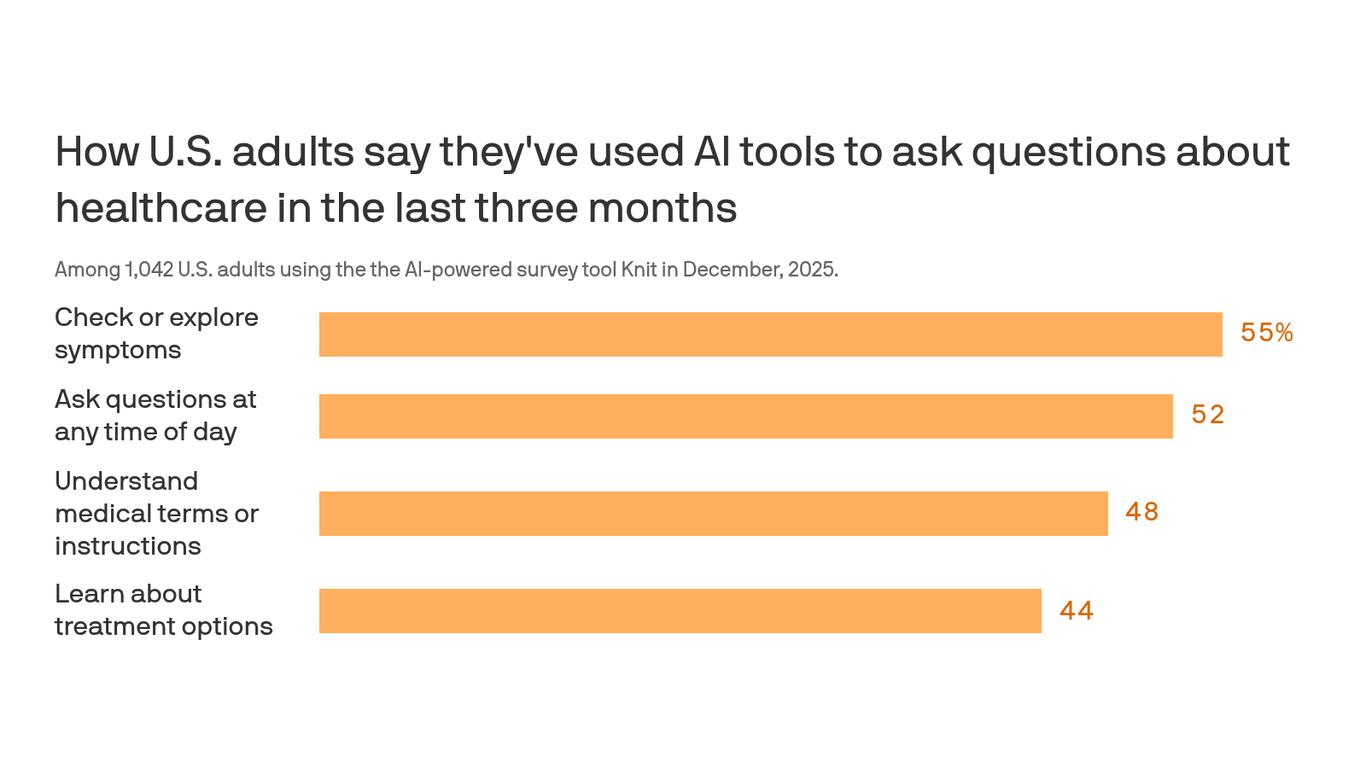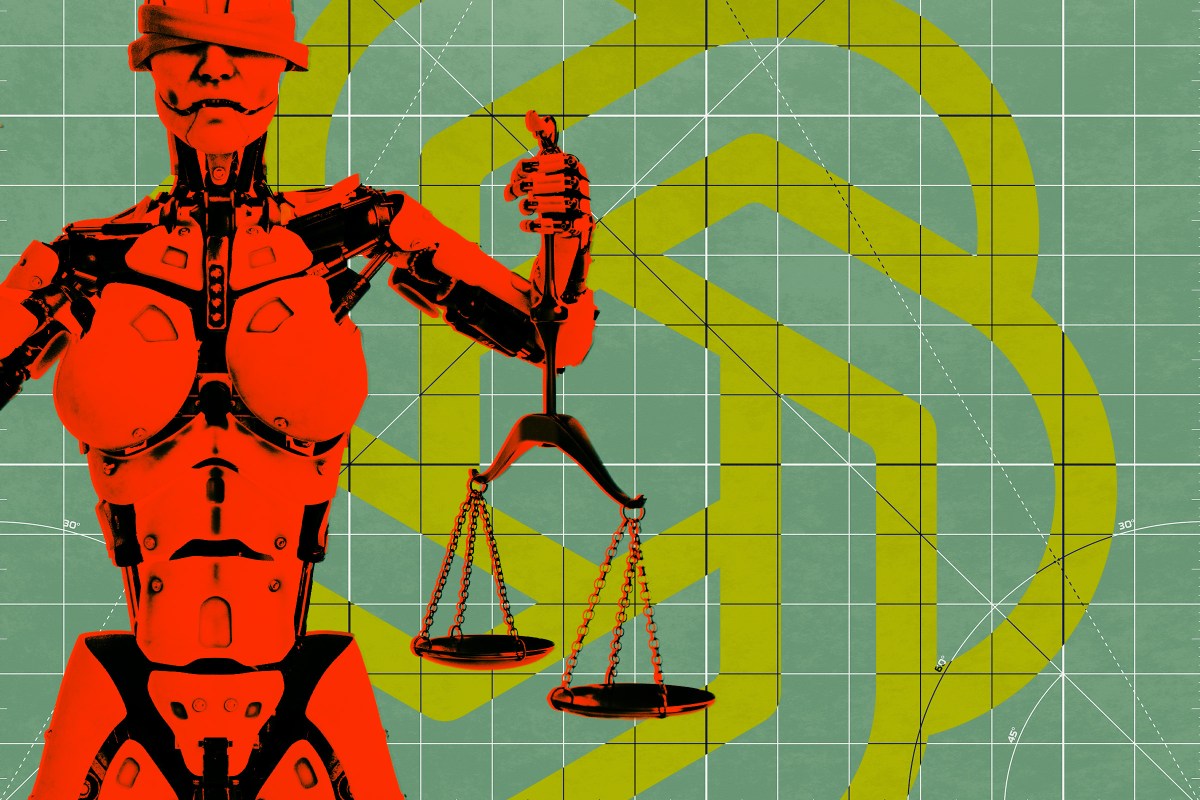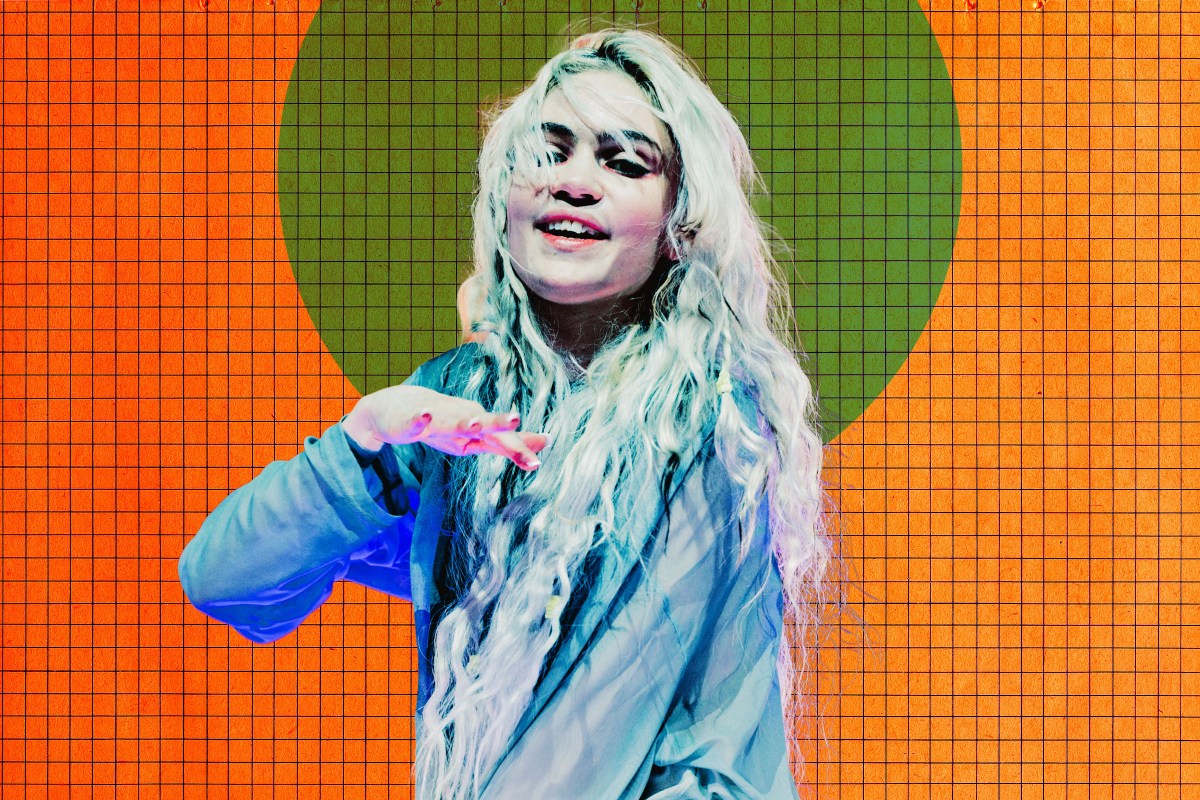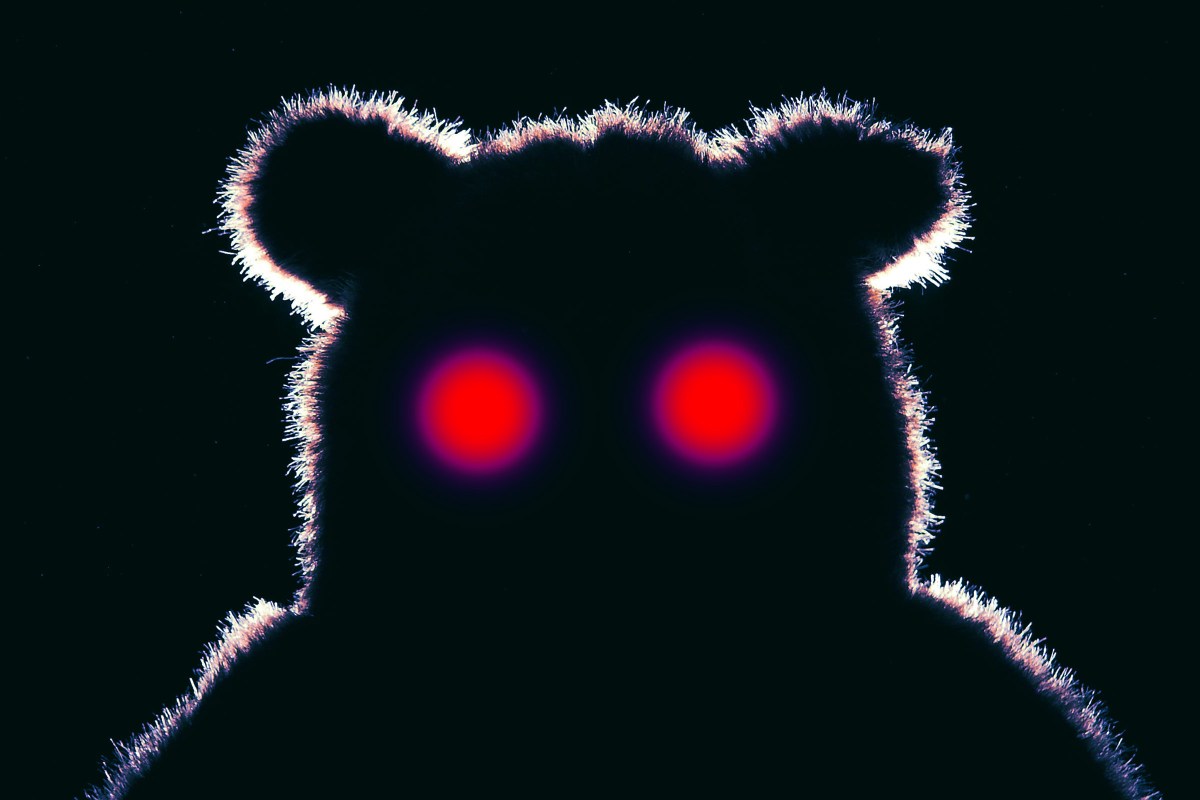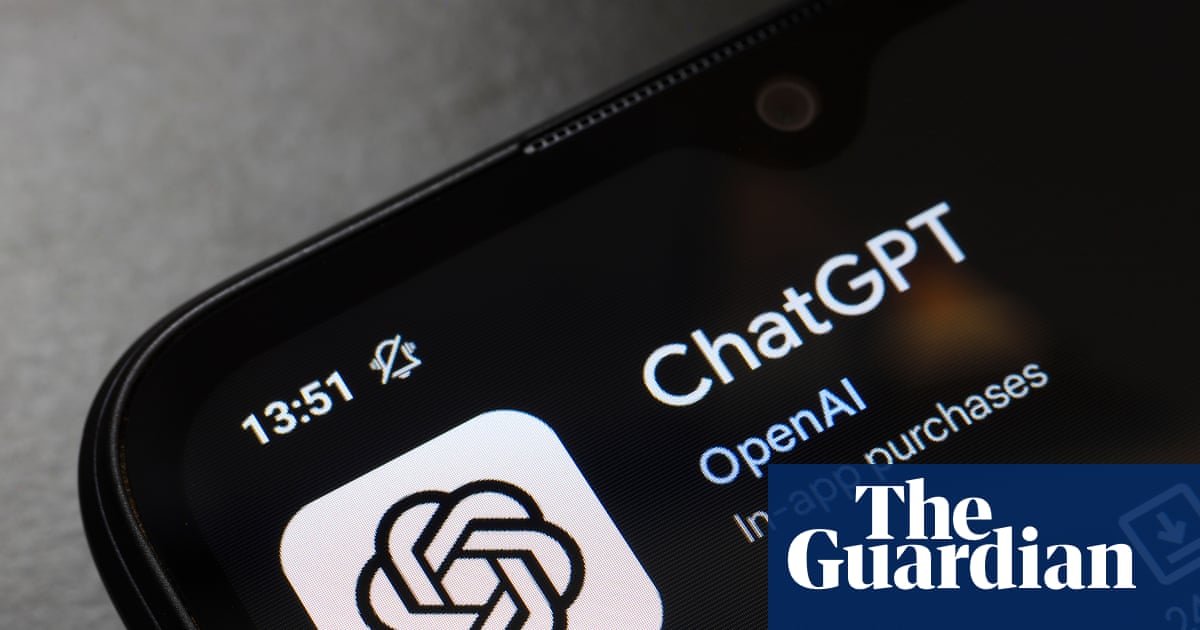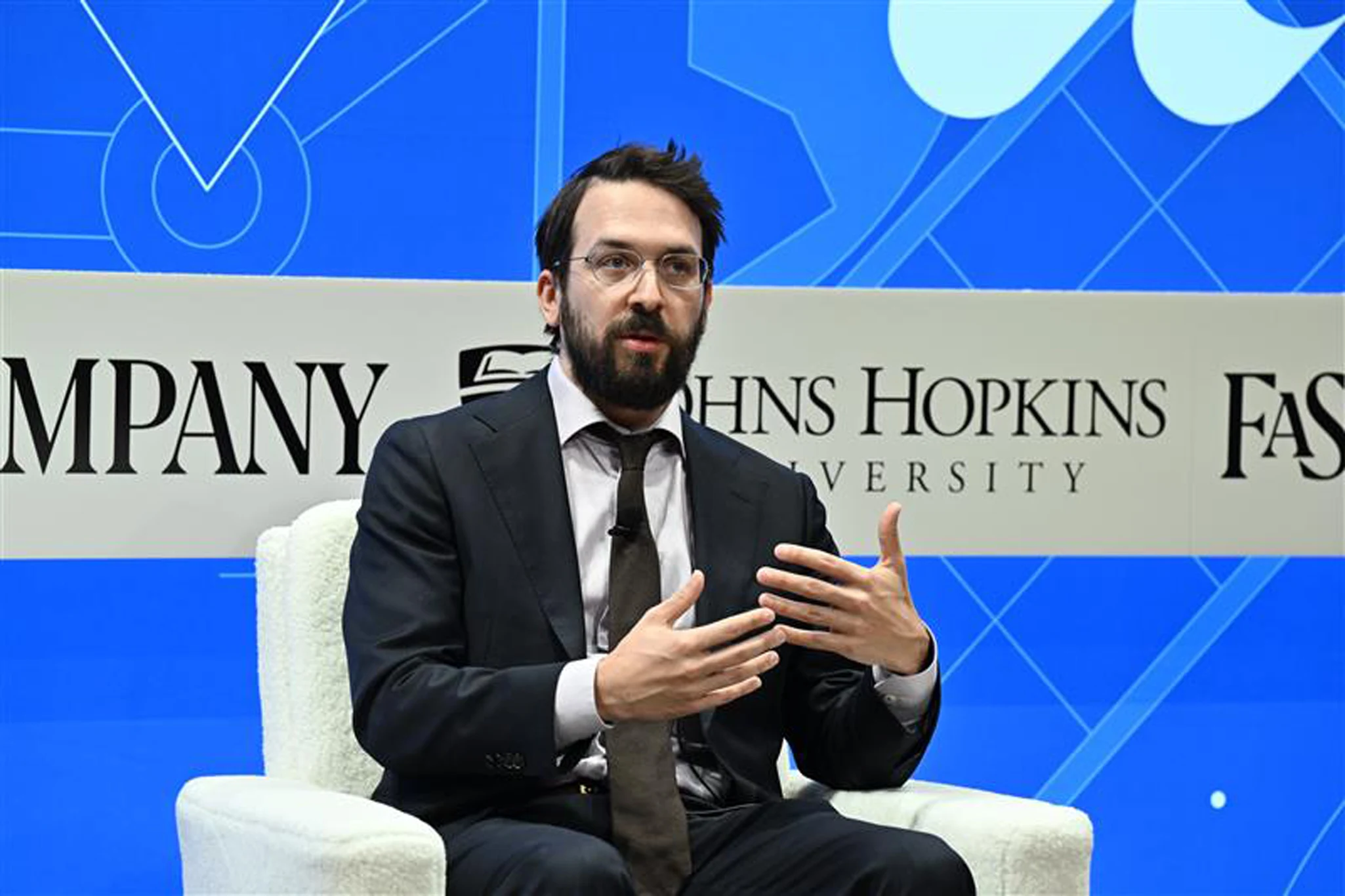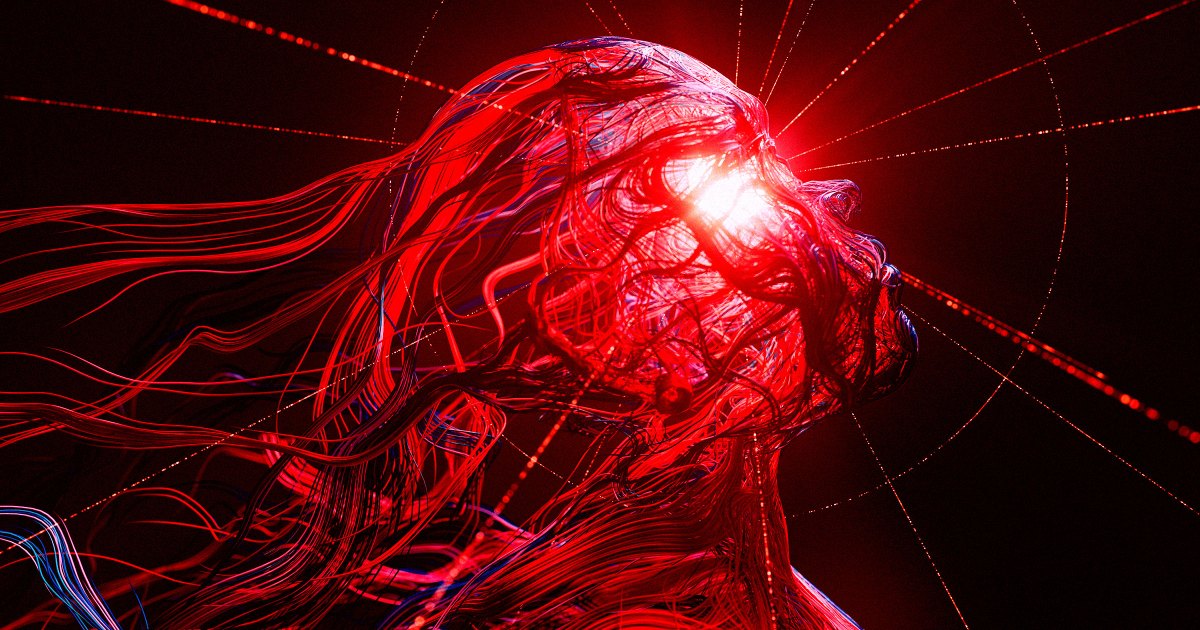fromwww.theguardian.com
7 hours agoI felt violated': Elon Musk's AI chatbot crosses a line
Late last week, Elon Musk's Grok chatbot unleashed a flood of images of women, nude and in very little clothing, both real and imagined, in response to users' public requests on X, formerly Twitter. Mixed in with the generated images of adults were ones of young girls children likewise wearing minimal clothing, according to Grok itself. In an unprecedented move, the chatbot itself apologized while its maker, xAI, remained silent:
Miscellaneous
